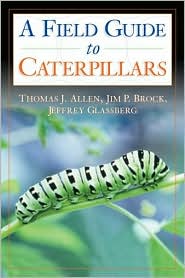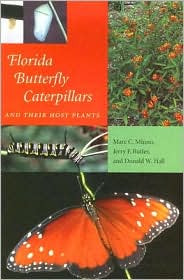Herbs
Fennel – Both the green and bronze are hosts for Black Swallowtails.
Parsley – A host for Black Swallowtails.
Basil – Provides nectar.
Dill – Is both a host plant and a source of nectar.
Fennel – Both the green and bronze are hosts for Black Swallowtails.
Parsley – A host for Black Swallowtails.
Basil – Provides nectar.
Dill – Is both a host plant and a source of nectar.
 |
| Click to learn more! |
Annuals
Cosmos – A nectar source for the Painted Lady.
Hollyhock – A nectar source for the American Painted Lady.
Pansies – A nectar source for the Yellow Sulfur.
Salvia species – A host plant for many different butterflies.
Sunflowers – A larval source for the Painted Lady.
Verbena species – A nectar source for the Checkered Skipper.
Zinnia species – A nectar source for the Western Tiger Swallowtail.
Perennials
Asclepias species – Butterfly weed is both a host plant and a source of nectar for Monarchs.
Aster species – A nectar source for Black Swallowtails.
Echinacea species and cultivars – Coneflower is a nectar source for the Common Wood Nymph.
Eupatorium purpureum – Joepye weed is a nectar source for Giant Swallowtails.
 |
| Click to learn more! |
Asimina triloba – Pawpaw is a host for the Zebra Swallowtail.
Buddleia davidii – The butterfly bush is a nectar source for the Black Swallowtail and Monarchs.
Fraxinus pennsylvanica – The green ash is a larval source for two types of Swallowtails.
Lindera benzoin – The spicebush is a host for Spicebush Swallowtails.
Populus tremuloides – Quaking aspen is a host for Mourning Cloaks.
Prunus serotina – Black cherry is a host for the Tiger Swallowtail.
Salix species – Willow is a host for the Red Spotted Purple.
Prunus virginiana – Chokecherry is a host for the Western Tiger Swallowtail.
Robert Morton, M.Ed., Ed.S believes urban sprawl can be offset by creating wildlife-friendly spaces in America's 25,000,000 lawns, one yard at a time! Click HERE to learn why. A portion of Ad revenues (10%) will be donated to Monarch Watch, earmarked for their Monarch Waystation program. Do you have a wildlife-friendly space? Please share it! Contact us on the secure Bpath Mail Form.
